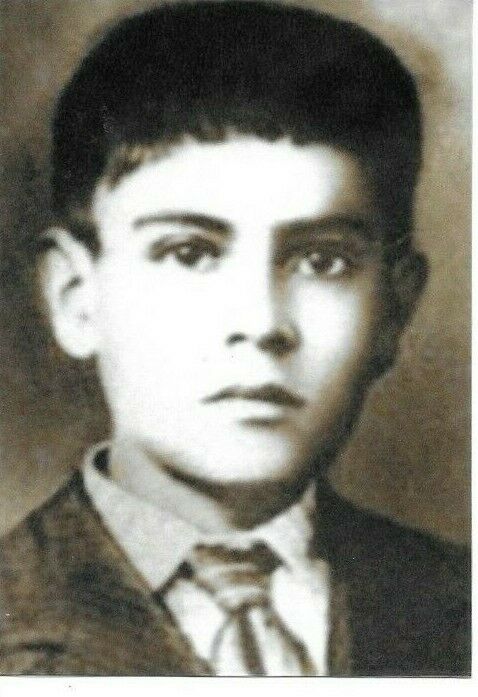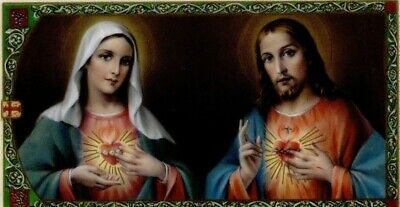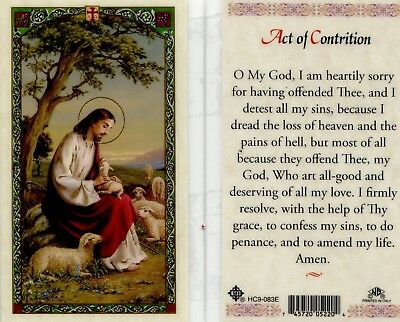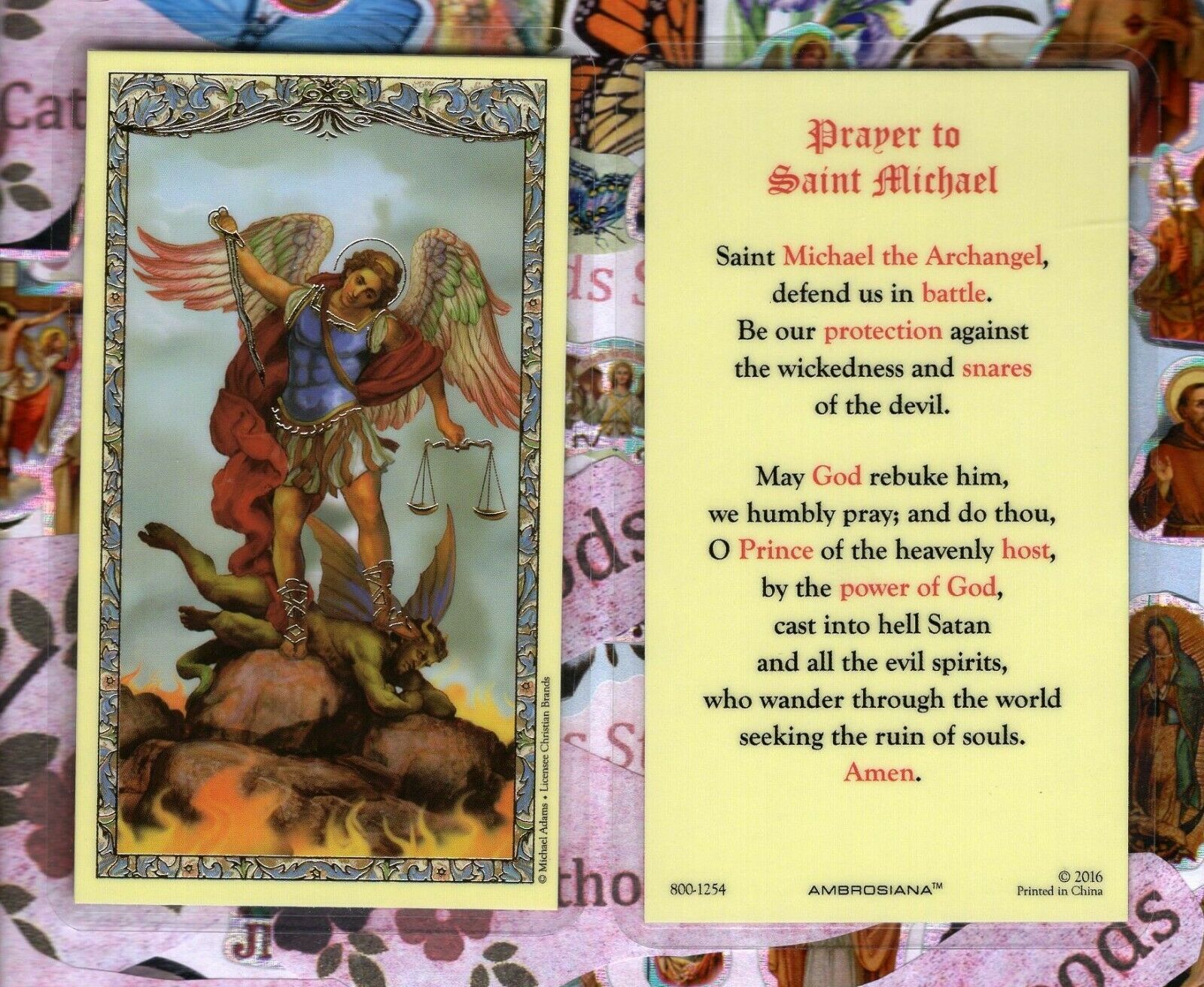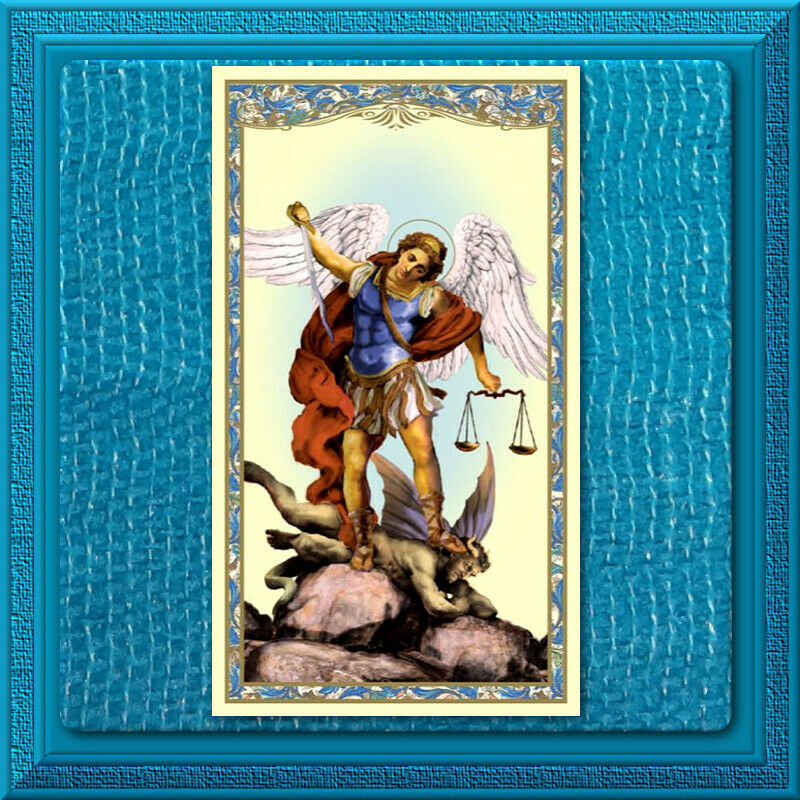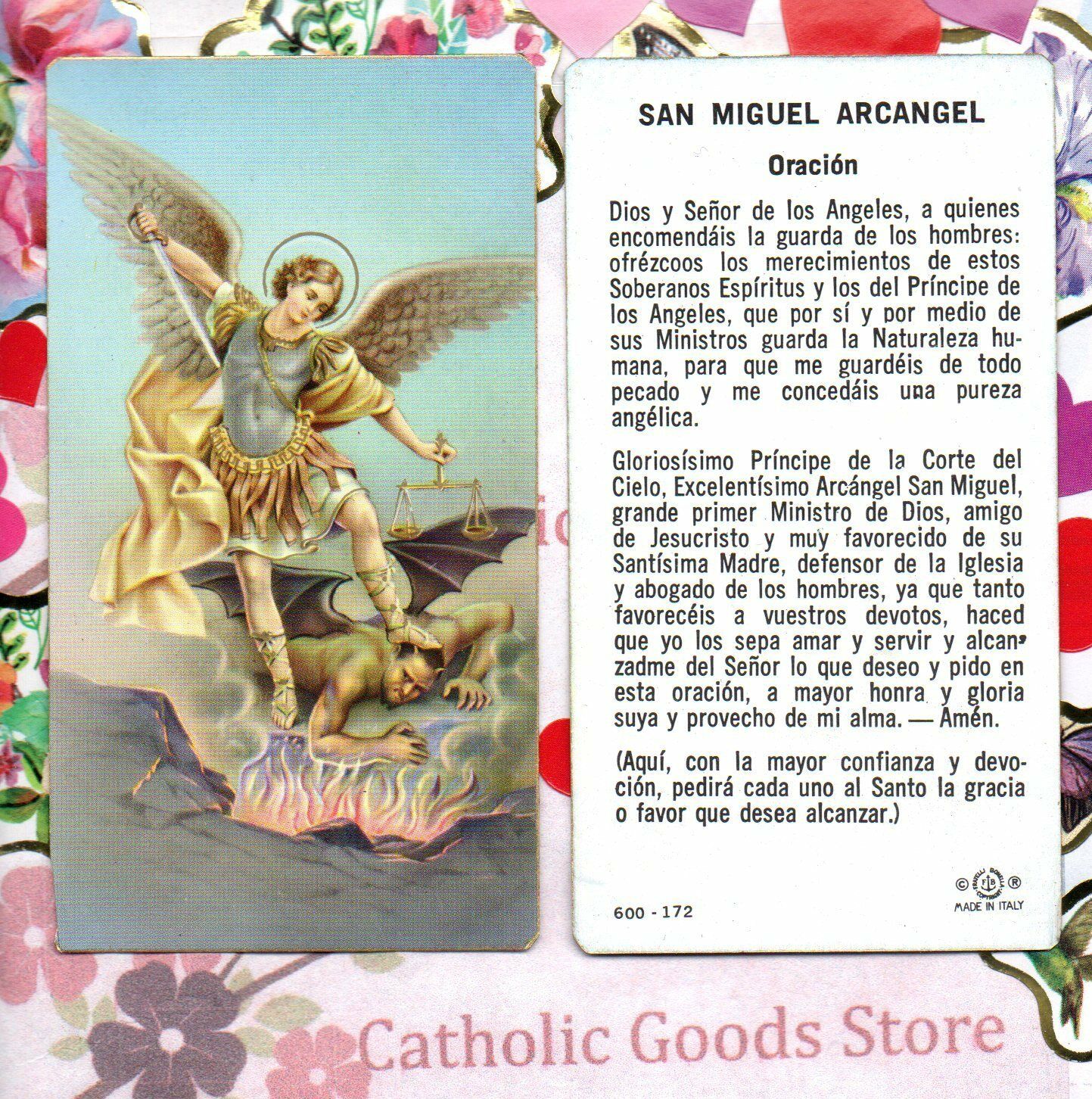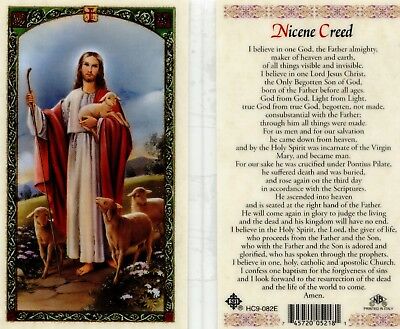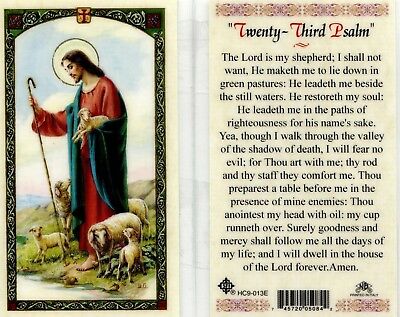-40%
Holy Card of Saint José Luis Sánchez del Río & a 1" Medal Jose Sanchez Del Rio
$ 2.61
- Description
- Size Guide
Description
Laminated Holy Card (5" X 3.50") of Saint José Luis Sánchez del Río Plus a 1" Silver Oxidized Miraculous Medal.Plus you will get a brand new beautifully detailed Medal that is 1". Die-cast in Italy for exceptional detail, you will enjoy the beauty of this medal made by the finest craftsmen in the world. Attached jump ring is included, and it is silver oxidized - that wonderful finish that only the Italians have perfected.
Saint José Luis Sánchez del Río (March 28, 1913 – February 10, 1928) was a Mexican Cristero who was put to death by government officials because he refused to renounce his Catholic faith. His death was seen as a largely political venture on the part of government officials in their attempt to stamp out dissent and crush religious freedom in the area. He was dubbed "Joselito."
He was declared to be venerable on June 22, 2004 by Saint Pope John Paul II and was beatified by Pope Benedict XVI – through the Cardinal-Prefect of the Congregation of the Causes of Saints – on November 20, 2005 in Mexico. Pope Francis approved a miracle attributed to him on January 21, 2016, allowing for his canonization to take place; a date was determined at a consistory on March 15, 2016 and he was proclaimed to be a saint on October 16, 2016.
The Cristero War began when the government began eliminating church privileges and seizing church properties throughout the country, in accordance with anti-clerical laws written into the Mexican Constitution. President Plutarco Elias Calles, who took office in 1924, focused on the Roman Catholic Church, which led to seizure of church property, the closing of religious schools and convents, and the exile or the execution of priests.
José Luis Sánchez del Río was born on March 28, 1913, in Sahuayo, Michoacán. He attended school first in his hometown, then in Guadalajara in Jalisco.
When the Cristero War broke out in 1926, his brothers joined the rebel forces, but his mother would not allow him to take part. The rebel general, Prudencio Mendoza, also refused his enlistment. The boy insisted that he wanted the chance to give his life for Jesus Christ and so come to Heaven easily. The general finally relented and allowed José to become the flagbearer of the troop. The Cristeros nicknamed him Tarcisius, after the early Christian saint who was martyred for protecting the Eucharist from desecration.
During heavy fighting on January 25, 1928, Mendoza's horse was killed, and José gave his horse to the general so that the fight could go on. Then he sought cover and fired at the enemy until he ran out of ammunition. The government troops captured the boy and imprisoned him in the sacristy of the local church.
José's killing was witnessed by two childhood friends. It was later reported that José was captured by government forces, who ordered him to renounce his faith in Christ, under threat of death. He refused to accept apostasy.
To break his resolve, he was made to watch the hanging of another Cristero that they had in custody, but instead José encouraged the man, saying that they would soon meet again in Heaven after death. In prison, José prayed the rosary daily and wrote an emotional letter to his mother, saying that he was ready to fulfill the will of God to whom he dedicated himself. His father attempted to raise a ransom to save him, but was not able to appease the government in time to do so, thus failing to secure the release of his son.
Others recalled the gruesome events that transpired after the government's failure to break José's resolve on the evening of 10 February 1928: "Consequently they cut the bottom of his feet and obliged him to walk around the town toward the cemetery. They also at times cut him with a machete until he was bleeding from several wounds. He cried and moaned with pain, but he did not give in. At times they stopped him and said, 'If you shout, "Death to Christ the King" we will spare your life'. José would only shout, 'I will never give in. Viva Cristo Rey!'
